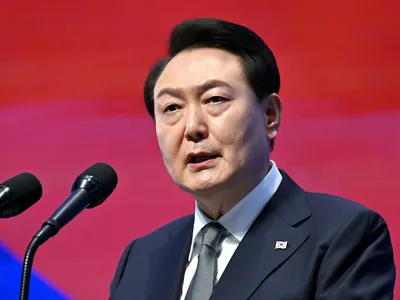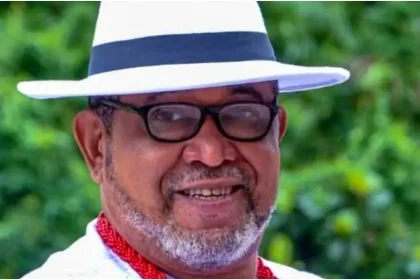
By Adeyemi Adekunle
South Korea is set to hold a snap presidential election on June 3, 2025, to elect a successor to former President Yoon Suk Yeol, who was removed from office following his controversial imposition of martial law in December 2024. The Constitutional Court upheld his impeachment on April 4, necessitating an election within 60 days as mandated by the nation’s constitution.
In December 2024, amid escalating political tensions, President Yoon declared martial law, a move that led to widespread protests and condemnation. The National Assembly swiftly impeached him, and the Constitutional Court’s unanimous decision in April confirmed his removal. Yoon now faces legal proceedings, including charges of insurrection.
The upcoming election has prompted several political figures to announce their candidacies:
Lee Jae-myung: The leader of the opposition Democratic Party and a prominent figure in South Korean politics. Lee previously lost narrowly to Yoon in the 2022 election and led his party to a sweeping parliamentary victory in 2024. Despite ongoing legal battles, including appeals on election law violations and other corruption-related trials, he is considered a frontrunner.
Kim Moon-soo: The current Labour Minister and a supporter of Yoon’s policies. Kim advocates for strengthening ties with the United States and has expressed support for potential nuclear armament.
Oh Se-hoon: The Mayor of Seoul, who is expected to announce his candidacy on April 13. Oh’s entry into the race adds another dimension to the conservative camp’s lineup.
In the wake of Yoon’s impeachment, National Assembly Speaker Woo Won-shik has proposed revising the constitution to limit presidential powers, aiming to prevent future political crises. He suggested holding a national referendum on these changes concurrently with the June election. However, the Democratic Party has expressed reservations, citing concerns about heightened political tensions.
The forthcoming election is pivotal for South Korea’s domestic stability and international relations. The new president will be tasked with addressing economic challenges, navigating complex foreign policy dynamics, and restoring public trust in governmental institutions. Observers note that the election’s outcome could influence South Korea’s alliances, particularly its relationships with Western nations and its stance amid U.S.-China tensions.



